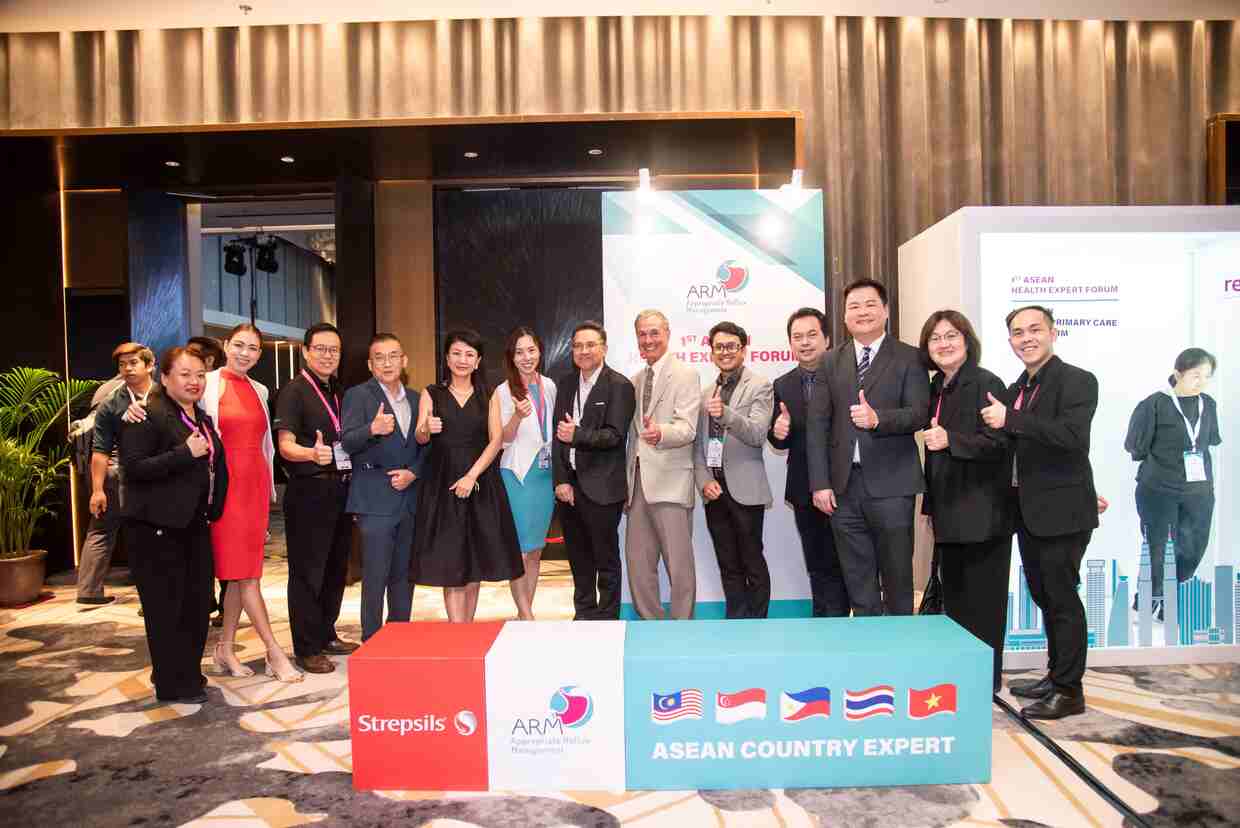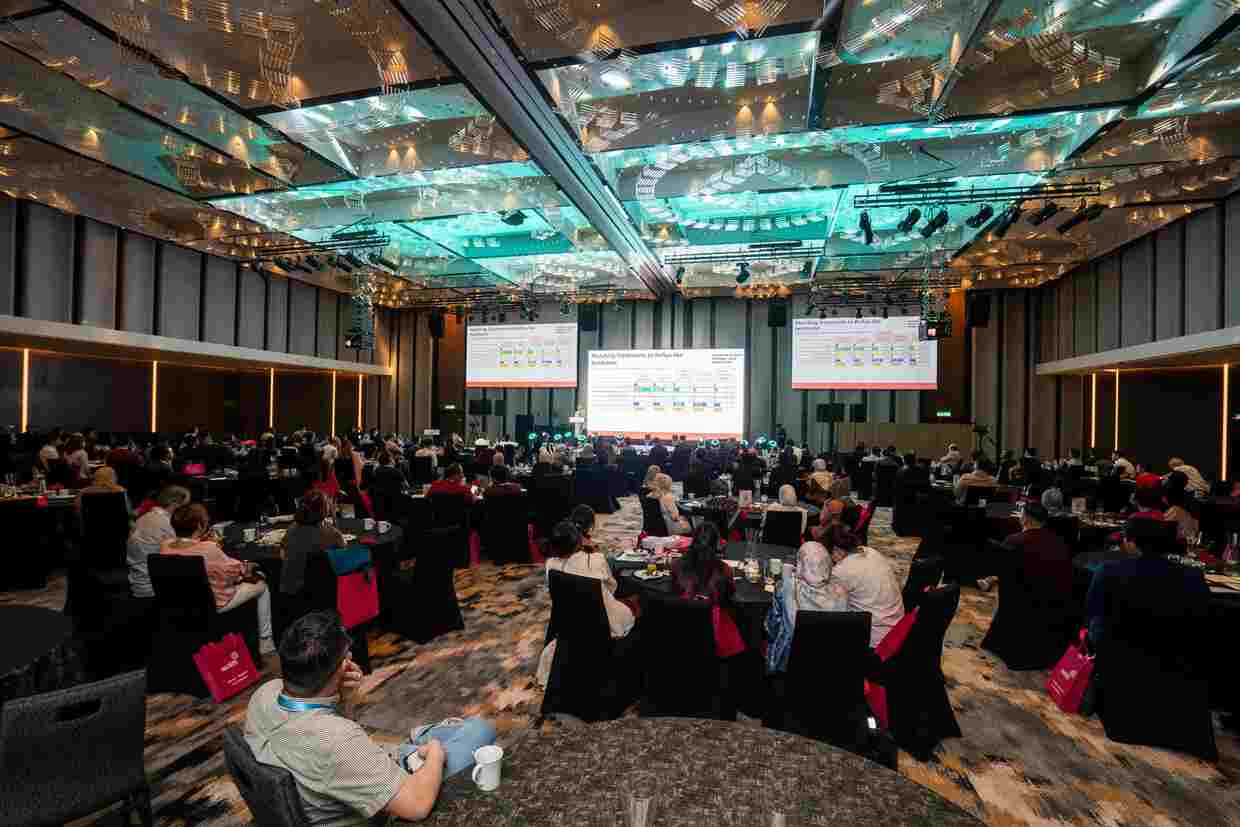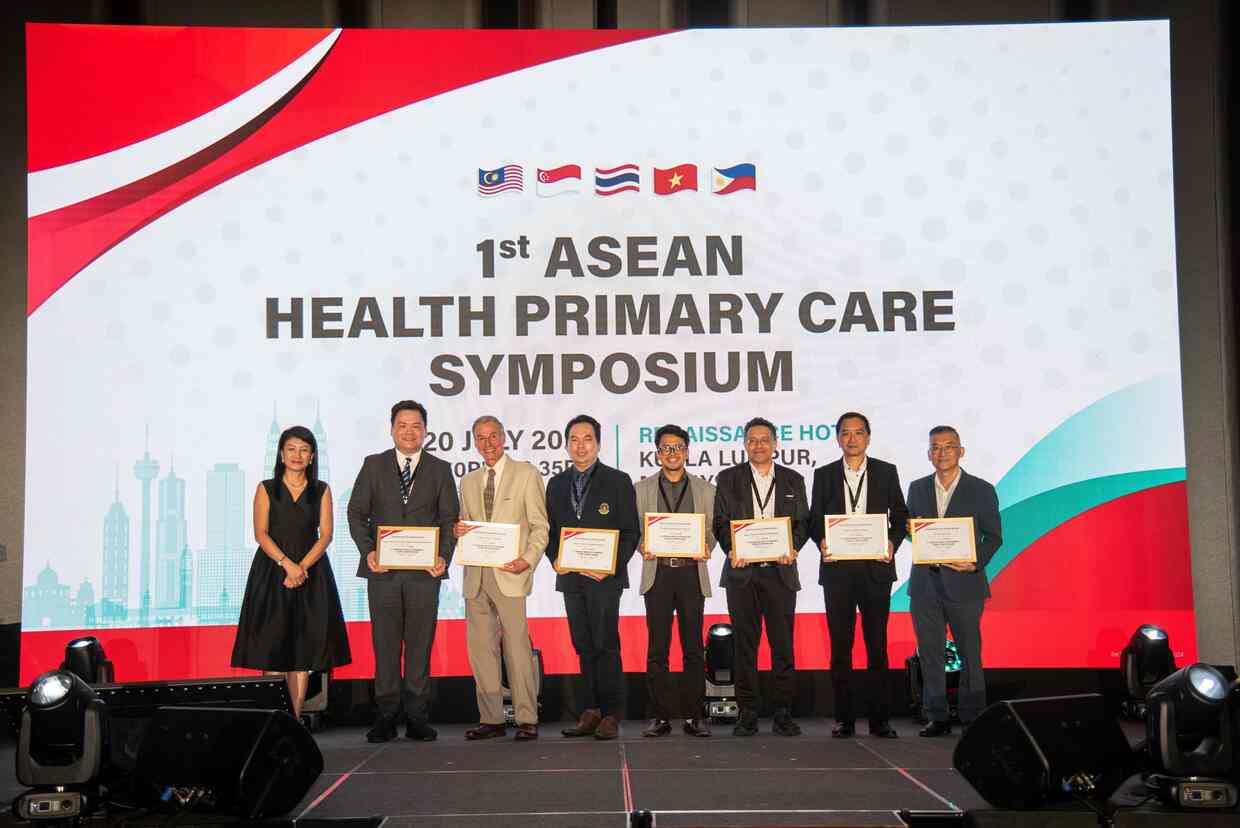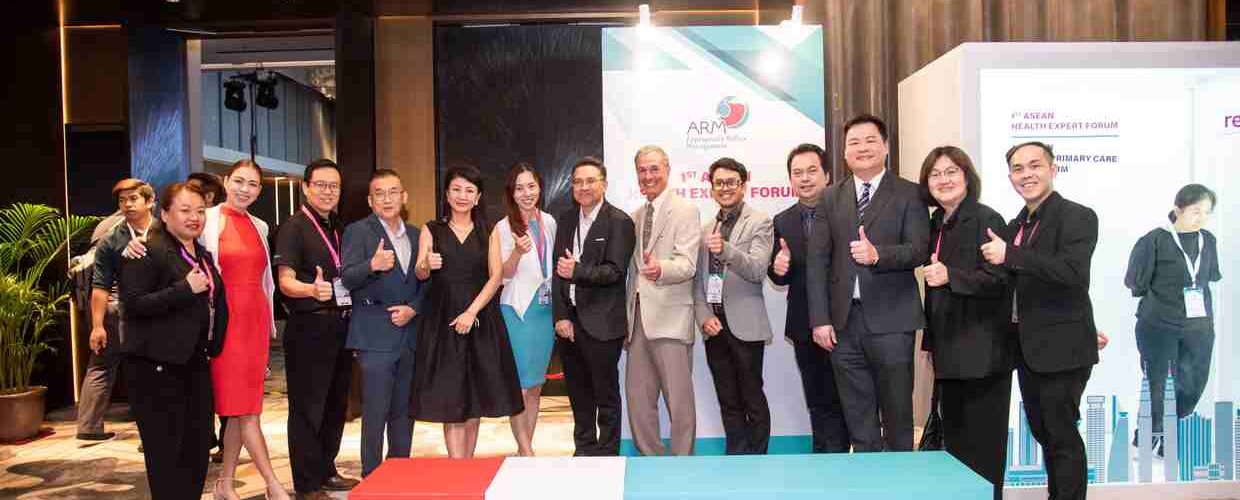The inaugural ASEAN Health Primary Care Symposium, held recently at the Renaissance Hotel in Kuala Lumpur, marked a significant step forward in the professional development of healthcare providers across the ASEAN region. Accredited by the Malaysia Medical Association (MMA) and the Malaysia Pharmacists Society (MPS), the event attracted top medical practitioners and experts who discussed the latest advancements in the treatment of pharyngitis and gastroesophageal reflux disease (GERD).

At the heart of the symposium were discussions led by renowned global and regional healthcare professionals, who explored the most recent consensus statements and clinical evidence on managing pharyngitis and GERD. Attendees gained valuable insights through real-world patient case studies, which allowed them to apply practical knowledge in their clinical settings. These sessions fostered active participation, with attendees engaging in discussions and networking, further enriching the learning environment.
Backed by Reckitt, a company committed to advancing healthcare education, the event emphasised the need for continuous medical education to keep healthcare providers abreast of the latest scientific updates. Tiffany Tang, Marketing Director for Health and Hygiene at Reckitt, commented, “Reckitt is proud to support this Continuing Medical Education program in partnership with medical societies. By providing healthcare professionals with access to the latest scientific updates and expert insights, we can help raise the standard of primary care across the ASEAN region.”

Addressing the Overuse of PPIs and Antibiotics
A significant focus of the symposium was the issue of overprescription, particularly in relation to proton pump inhibitors (PPIs) and antibiotics. Experts highlighted the risks associated with the excessive use of PPIs, pointing to emerging evidence of potential health hazards. They emphasised the importance of responsible prescribing practices to mitigate these risks, stressing the need for more cautious use of these medications in primary care.
Antibiotic overuse, a global concern due to the growing threat of antimicrobial resistance (AMR), was also a central topic. Speakers urged healthcare providers to exercise caution when prescribing antibiotics, warning that AMR could reverse many of the medical advancements achieved in recent years. According to the World Health Organisation (WHO), drug-resistant infections were responsible for 1.27 million deaths in 2019, with projections suggesting that by 2050, up to 10 million deaths could occur annually due to AMR.

As the symposium concluded, participants left with a renewed sense of commitment to implementing the knowledge gained in their respective practices. The event set a new benchmark for primary care education in the region, equipping healthcare professionals with the tools necessary to tackle modern challenges in healthcare. With a focus on improving patient outcomes and addressing the global issues of overuse and resistance, the symposium underscored the critical role of continuous education in shaping the future of healthcare across the ASEAN region.











